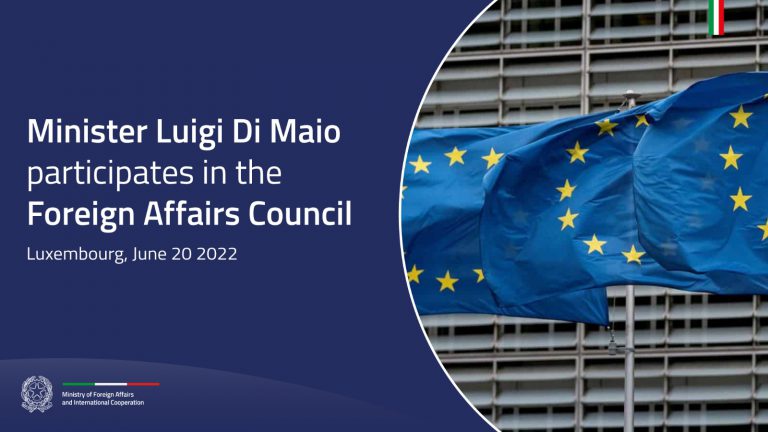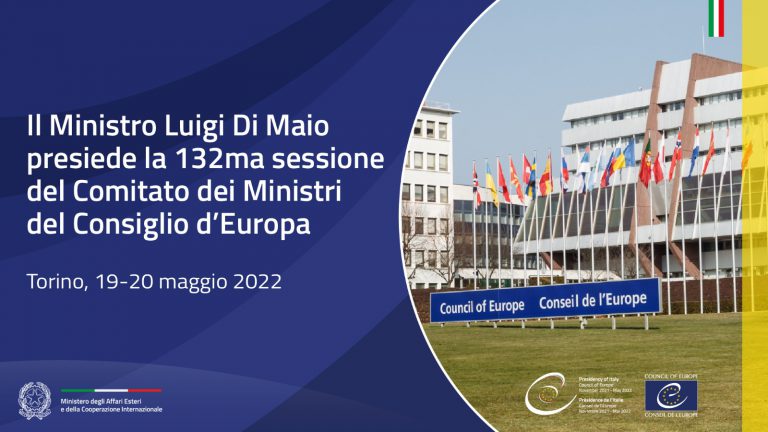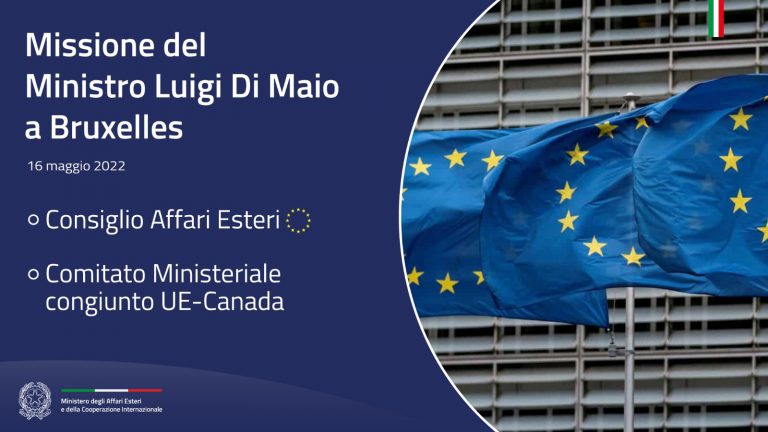For 8 months, the Foreign Ministers of the founding countries of Europe, along with Spain, Portugal, Austria, Poland and Denmark, have been holding informal meetings that have thus far been covered by a veil of silence. Their aim: to hold free discussions, without negotiating constraints, on the Europe of the future. And then, the night before last in Warsaw, they approved a joint document. Which contains, first and foremost, a macroscopic political element. For the first time, Germany has agreed on a document containing an expression that until now has caused the Germans to shudder in horror: “the mutualisation of sovereign risk”, albeit “proposed by some members of the group”.
But the importance of this document, which is in La Stampa’s possession, goes much further. Those 8 pages, honed to the last detail in the Polish night, were inspired by the need for a greater awareness of Europe on the part of citizens and mark a move towards greater accountability by the institutions. For the first time, in addition to what is in effect a “Europeanisation” of the parties, with integration and a check-and-balance relationship between the Commission and Parliament, the talk is of the responsibility – indeed the accountability, as in the Anglo-Saxon societies –, of the institutions.
“More Europe” was the slogan adopted when these meetings first got under way on 20 March 2012, in Berlin. The emphasis shifted to “More democracy”, “More capacity for action”, and “Europe as global player’ as the venues moved to Brussels, Vienna and Palma (Majorca). One striking element of the document is that it upholds, as an “absolute priority”, the strengthening of Economic and Monetary Union and speaks explicitly of “European solidarity” and, in essence, of welfare as a value that is part of the continent’s identity.
Minister, what will happen now to this proposal for a new Europe? To what degree is it binding upon governments?
“A few days ago, someone used the expression ‘There’s a blue sky over Europe’. We certainly started out with darker skies. But then the ECB decisions, the German Supreme Court’s ruling on the ESM and the elections in Holland blew away the clouds. Our main goal is to bring public opinion – the citizens – round to Europe. And to help accelerate the Lisbon Treaty amendment process. The document is circulating in the European Parliament even as we speak. So that’s where we’re starting from, the task of building consensus”.
Germany, for the first time, has signed a document that refers to debt mutualisation. This aside, what was Italy’s contribution to the document?
“That point is vital, and is a part of Italy’s strategy for Europe. All of the Foreign Ministers agreed to discuss it in depth and the principle was included in the final version of the document. It’s a principle inspired by solidarity, because the revitalisation of Europe must encompass the core values that make up its identity, not just algebraic and relative interests…”
Not just GDP and budgetary policies, then, and their sustainability. But what has this got to do with foreign policy?
“It’s simple: it’s a question of Europe’s external presence. We need to respond to major challenges. The challenges posed by the economic crisis, which we’ll overcome by moving more rapidly to fiscal and monetary union. But, and there’s broad agreement on this point, we also need to take a more incisive approach in our foreign and security policy. It must include immigration and emigration policy, development issues… In addition to our well-established ‘transatlantic’ relationships, we need to work on an effective European defence policy that looks to an integrated military capacity”.
The document makes no secret of the fact that, certainly in the long term, an EU army will be needed, and a European visa to enter the Schengen area…
“That last point was another Italian contribution. We want to keep the free trade and movement areas and at the same time strengthen the instruments available to us to mark the Union’s borders. The core of the document, however, is its general direction, which reflects Giorgio Napolitano’s idea of Europe: a new form of federalism, a ‘functional polyarchy’. And the need for the political forces, starting with Italy’s, to Europeanise and make Europe the focus of their political debate. We need to address the issues at their root and foster an awareness of the value of and need for the Union. Not just to have ‘a more organised Europe’, as they say in London”.
Minister, how long do we have to create the new Europe?
“We approved the Six Pack and Fiscal Compact in just a few weeks. For foreign policy and defence policy we’ll need more than 2-3 months, which is too long. We’ve got the Arab Spring movements on our doorstep, and the consolidation of Libya. The real world won’t wait”.






